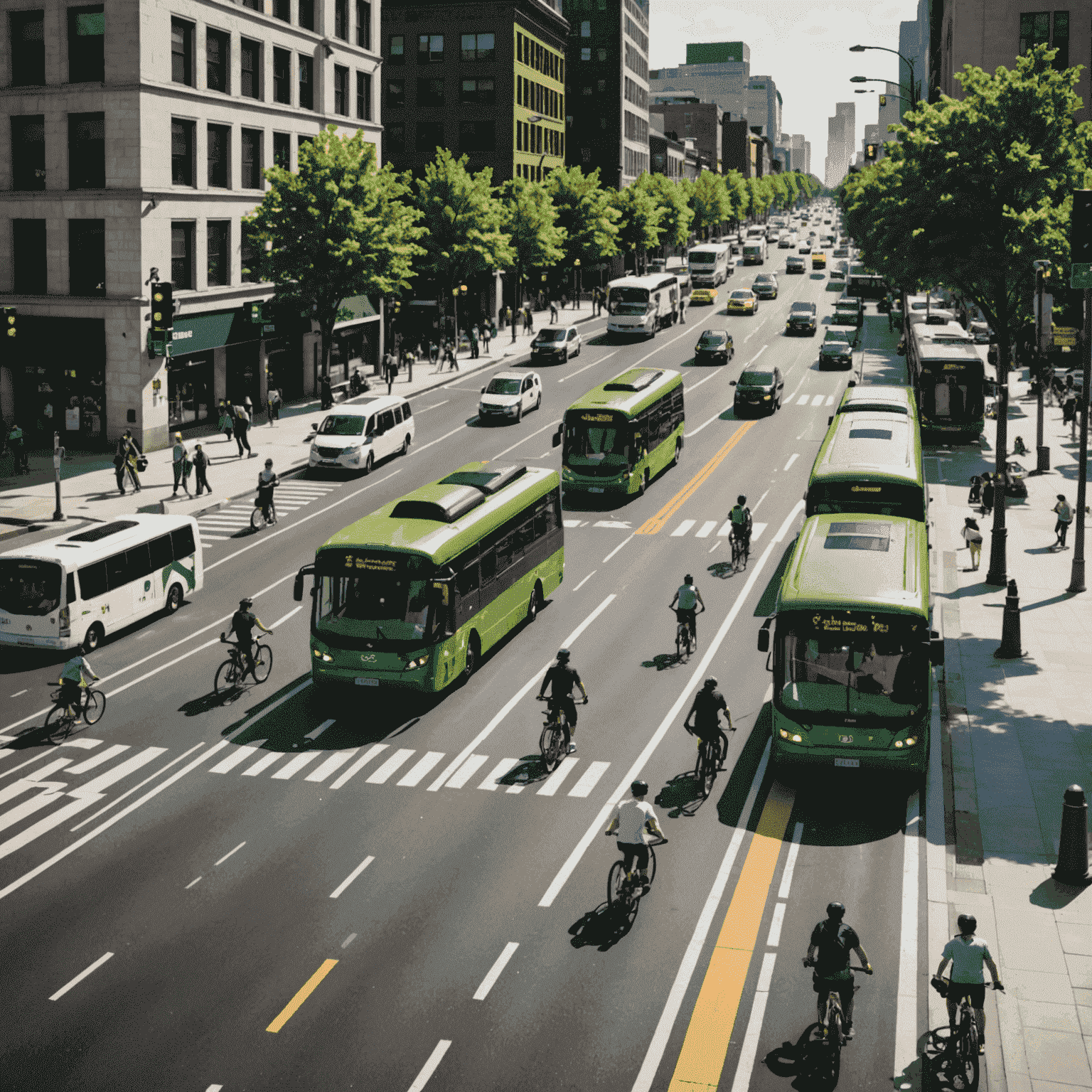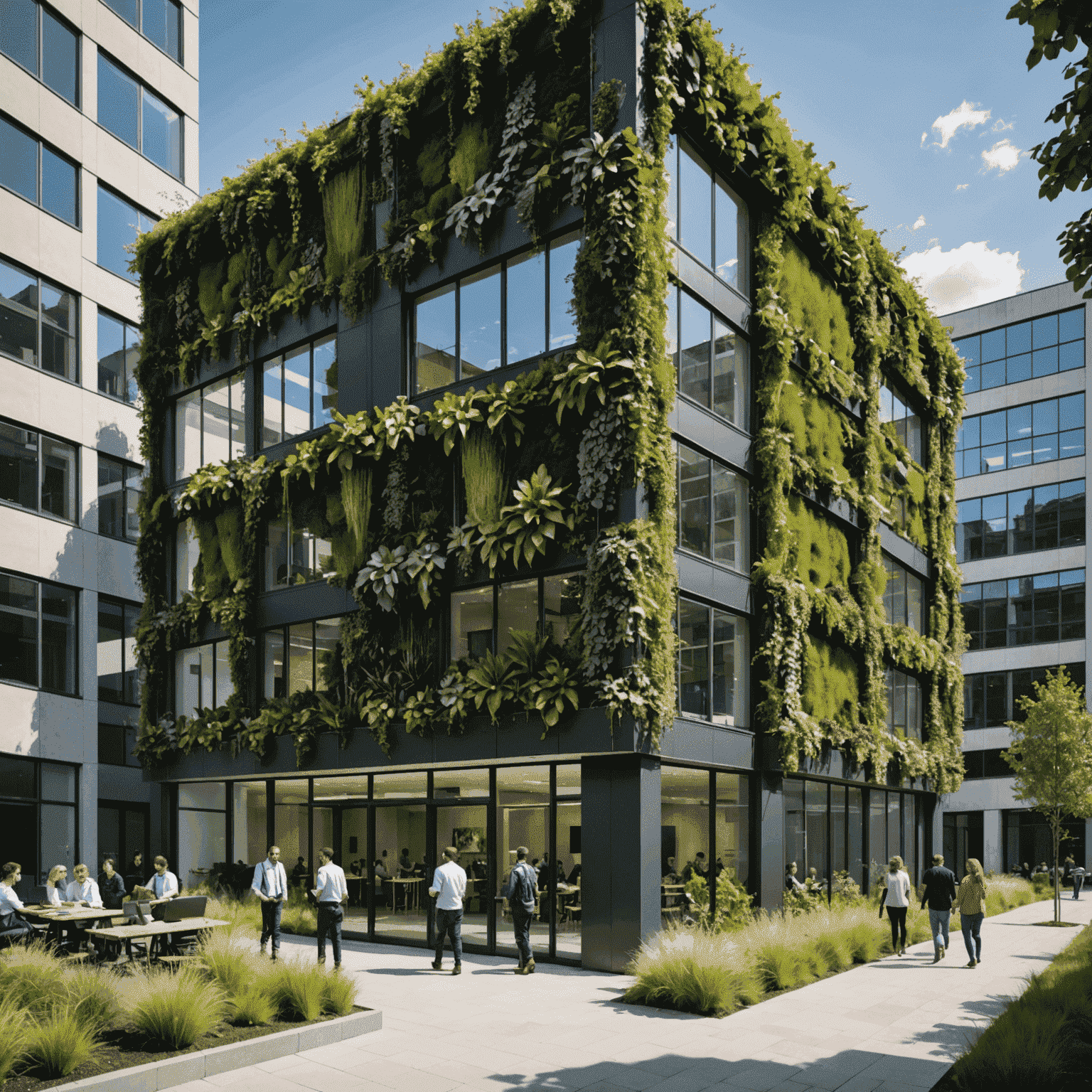Sustainable Tech in Smart Cities

As we navigate the challenges of urbanization and climate change, sustainable technology is emerging as a key player in shaping the future of our cities. Smart, eco-friendly urban environments are no longer just a concept but a necessity for creating livable, efficient, and environmentally responsible metropolitan areas.
The Pillars of Sustainable Smart Cities
Sustainable smart cities are built on several key technological pillars:
- Renewable Energy Integration: Solar panels, wind turbines, and advanced energy storage systems are becoming integral parts of urban infrastructure.
- Smart Grid Technology: Intelligent power distribution systems that optimize energy use and reduce waste.
- IoT-Enabled Infrastructure: Sensors and connected devices that monitor and manage everything from traffic flow to air quality.
- Green Building Technologies: Energy-efficient materials and designs that minimize environmental impact.
- Sustainable Transportation: Electric vehicles, bike-sharing programs, and intelligent public transit systems.
The Impact of Sustainable Tech on Urban Life
The integration of sustainable technology in smart cities is having a profound impact on urban life:

Improved Quality of Life
Smart traffic management systems reduce congestion and pollution, while green spaces and clean energy initiatives contribute to healthier living environments.

Economic Efficiency
Energy-efficient buildings and smart grids lead to significant cost savings for both cities and residents, while creating new job opportunities in the green tech sector.
Challenges and Future Directions
While the potential of sustainable tech in smart cities is immense, there are challenges to overcome:
- Initial infrastructure costs
- Data privacy and security concerns
- Ensuring equitable access to smart city benefits
- Integrating new technologies with existing urban systems
As we move forward, the focus will be on developing more integrated, scalable solutions that can be adapted to cities of all sizes and economic backgrounds. The Global Climate Tech Forum continues to be at the forefront of these discussions, bringing together innovators, policymakers, and urban planners to shape the sustainable cities of tomorrow.
"Sustainable smart cities are not just about technology; they're about creating harmonious ecosystems where people and nature thrive together in the urban landscape."